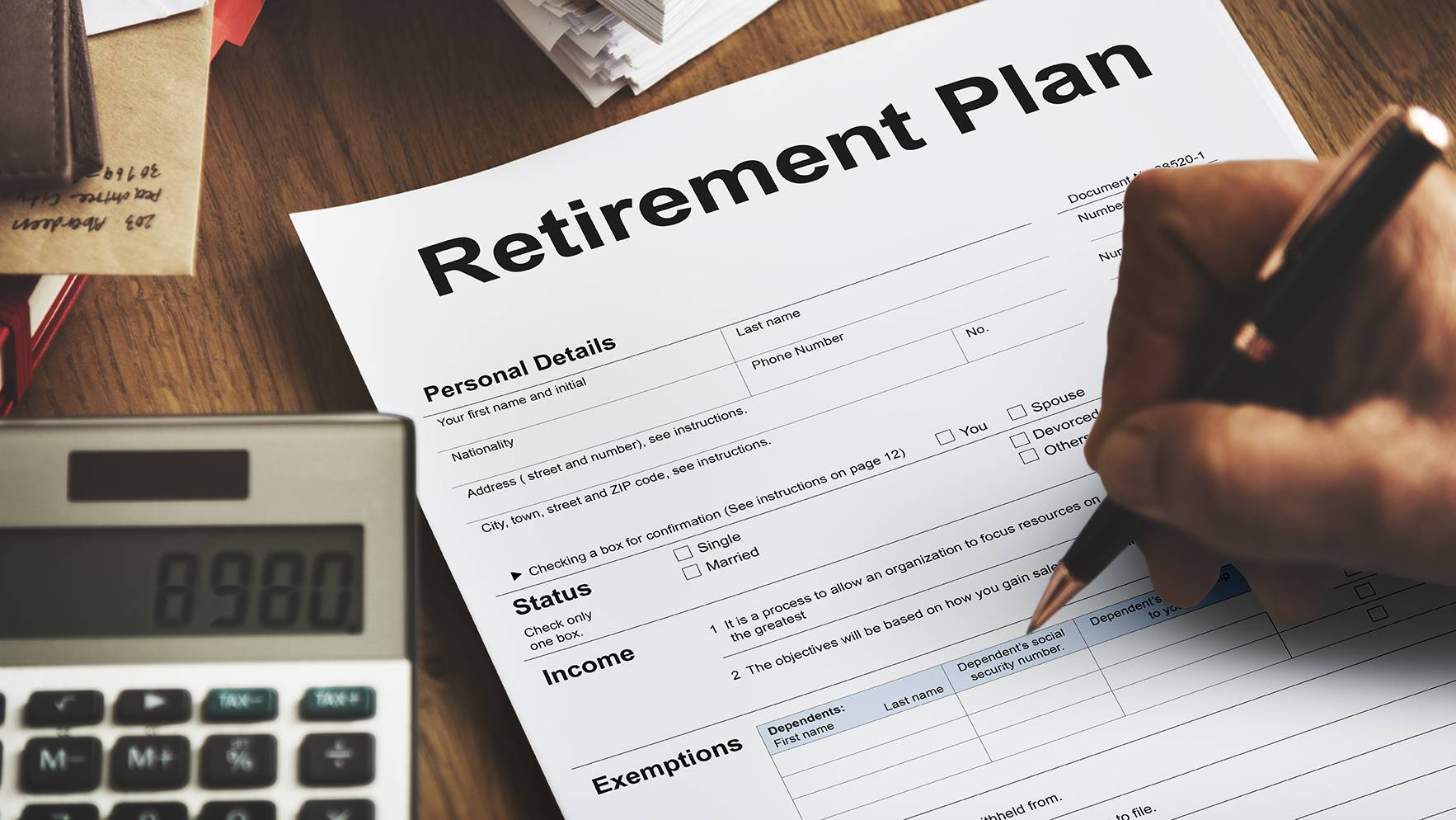Self-Study
Selected Business Expenses
Understand §162 business expense rules, from depletion methods to depreciation. Navigate deductions for residence use, casualties, startups, and bad debts.

$58.00 – $78.00
Webcasts are available for viewing Monday – Saturday, 8am – 8pm ET.
Without FlexCast, you must start with enough time to finish. (1 Hr/Credit)
Please fill out the form below and we will reach out as soon as possible.
CPE Credits
2 Credits: Taxes
Course Level
Overview
Format
Self-Study
Course Description
Selected Business Expenses provides a deep dive into the world of business expense deductions, an area crucial for profitability and compliance in any trade or business. This business expenses taxation CPE is designed to help professionals understand and apply the key elements of §162 and navigate the limitations imposed by the not-for-profit provisions. Participants in this expense taxation CPE course will learn about various deductible expenses, including cost of goods sold, leases, taxes, loan points, and interest expenses, and how to determine their eligibility for deduction. The business expense tax CPE course also addresses the corporate dividends received deduction and offers guidance on cost allocation for the business use of a residence. Additionally, it covers casualties, thefts, research costs, and methods of amortization for business startup costs, organizational expenses, and §179 intangibles, along with cost depletion methods for natural resources. Participants will also become familiar with depreciation rules under ACRS and MACRS and understand the business bad debt provisions under §166. This course is ideal for professionals seeking a thorough understanding of business expense deductions to provide accurate tax advice and ensure compliance.
Learning Objectives
Upon successful completion of this course, participants will be able to:
- Cite the elements of the §162 and the limitations imposed by the not-for-profit provisions stating how these elements and restrictions impact business deductions such as cost of goods sold, leases, taxes, loan points, and interest expense.
- Determine the corporate dividends received deduction, identify the cost allocation on the business use of a residence and specify casualties, thefts and research costs in the context of business deductions under §162.
- Recognize methods of amortization for business startup, organizational costs, and §179 intangibles with the cost depletion methods used on natural resources.
- Identify depreciation rules related to ACRS and MACRS, and cite the elements of the business bad debt provisions under §166.
Course Specifics
8202719
February 6, 2025
There are no prerequisites.
None
76
Compliance Information
IRS Provider Number: 0MYXB
IRS Course Number: 0MYXB-T-02556-24-S
IRS Federal Tax Law Credits: 2
CTEC Course Number: 2071-CE-1517
CTEC Federal Tax Law Credits: 2
CFP Notice: Not all courses that qualify for CFP® credit are registered by Western CPE. If a course does not have a CFP registration number in the compliance section, the continuing education will need to be individually reported with the CFP Board. For more information on the reporting process, required documentation, processing fee, etc., contact the CFP Board. CFP Professionals must take each course in it’s entirety, the CFP Board DOES NOT accept partial credits for courses.
CTEC Notice: California Tax Education Council DOES NOT allow partial credit, course must be taken in entirety. Western CPE has been approved by the California Tax Education Council to offer continuing education courses that count as credit towards the annual “continuing education” requirement imposed by the State of California for CTEC Registered Tax Preparers. A listing of additional requirements to register as a tax preparer may be obtained by contacting CTEC at P.O. Box 2890, Sacramento, CA, 95812-2890, by phone toll-free at (877) 850-2832, or on the Internet at www.ctec.org.
Meet The Experts

Danny Santucci, BA, JD, is a prolific author of tax and financial books and articles. His legal career started with the business and litigation firm of Edwards, Edwards, and Ashton. Later he joined the Century City entertainment firm of Bushkin, Gaims, Gaines, and Jonas working for many well-known celebrities. In 1980, Danny established the law firm of Santucci, Potter, and Leanders in Irvine, California. With increasing lecture and writing commitments, Danny went into sole practice in 1995. His practice emphasizes business taxation, real estate law, and estate planning. Speaking to more than 100 groups nationally each year, he is known …



